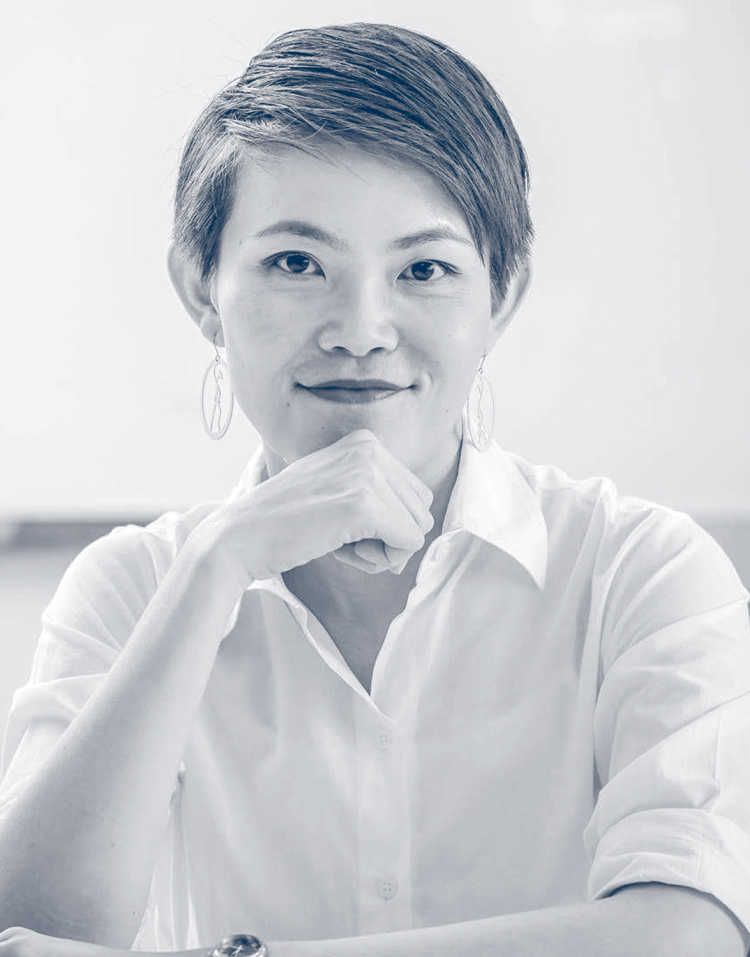- Startseite
- Forschung & Transfer
- Forschungsprojekte
- Digital Authoritarianism through Lawfare: Mapping and Strengthening Civil Society Responses in Asia
Digital Authoritarianism through Lawfare: Mapping and Strengthening Civil Society Responses in Asia
This project investigates the most potent weapon of digital authoritarianism - lawfare in the digital realm - in South and Southeast Asia. Building on previous research, it creates the first database in the world on the range of laws used for digital repression of civil society by autocratic/autocratising states, its impact on democracies and civil liberties, and countermeasures for democratic resistance and resilience.
2025-2027
Forschungsfragen
2. What kind of laws are usually weaponised by autocratic/autocratising governments to control information and censor critics?
3. What are the main trends and patterns of such lawfare?
4. How does it consolidate authoritarianism?
5. Is this a transnational phenomenon?
6. Do autocratic governments learn from each other on such lawfare and how?
7. What are effective strategies and countermeasures of civil society?
Beitrag zu internationaler Forschung
The project contributes to the literature on lawfare, digital authoritarianism, and democratic resilience with fresh and original findings. It analyses digital authoritarianism in Indonesia as a typical case, to document the combination of laws used for digital repression, document civil society responses, create knowledge resources on this, train local partners to counter digital authoritarianism through lawfare, and provide a platform for civil society actors from South and Southeast Asia to collaborate.
Forschungsdesign und Methoden
Using the theoretical framework of digital authoritarianism and lawfare, this project conducts a within-case study (Indonesia) and an MSDS study of cases from South and Southeast Asia to answer the research questions. It uses multi-method data collection strategy including in-depth field study and collaborating with local partners for original and authoritative findings.


